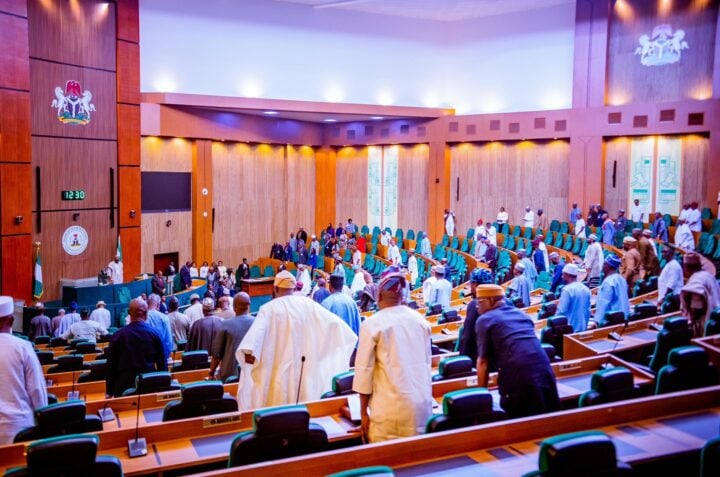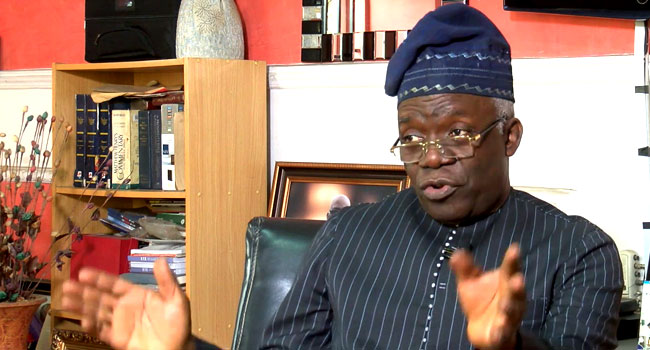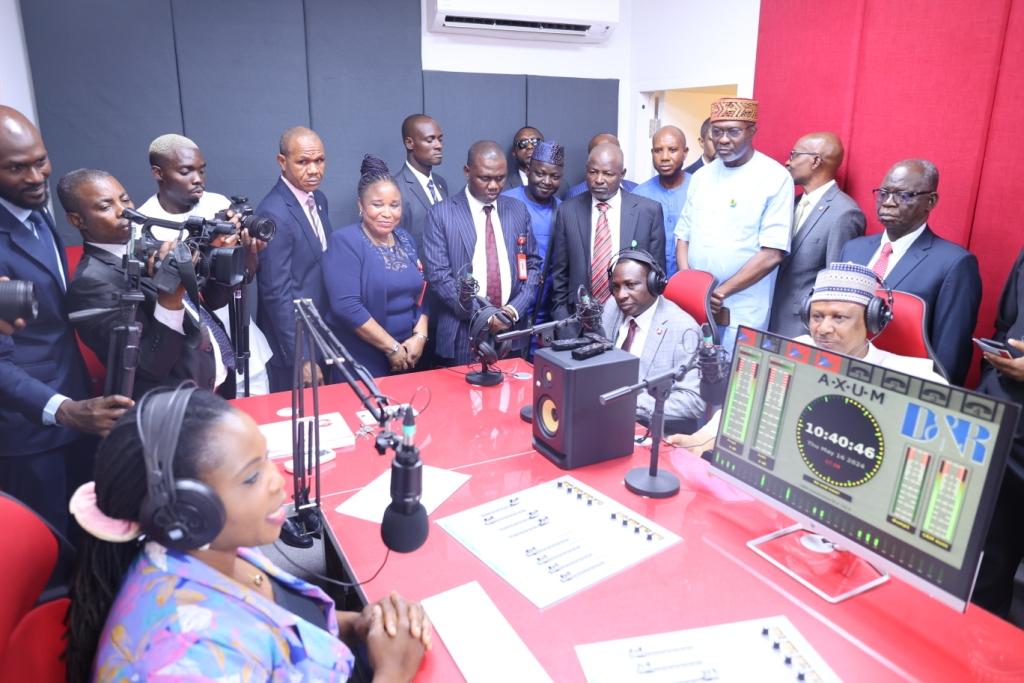The house of representatives has resolved to investigate the daily increase in prices of commodities in the country.
The lower legislative chamber passed the resolution during the plenary session on Thursday after the adoption of a motion titled ‘Need to awaken the Price Control Board of Nigeria to its constitutional responsibilities’.
The motion was sponsored by Jesse Onuakalusi, a Labour Party (LP) lawmaker, representing Oshodi-Isolo II of Lagos.
The motion comes amid rising prices of food items across the country.
Advertisement
On Wednesday, the National Bureau of Statistics (NBS) said Nigeria’s inflation rate rose to 33.69 percent in April.
The NBS said the top five contributors to the increase in inflation rate are food and non-alcoholic beverages, housing, water, electricity, gas and other fuel, clothing and footwear, transport, as well as furnishings, household equipment, and maintenance.
The bureau said on a year-on-year basis, the urban inflation rate rose to 36 percent in April, “which was 12.61% points higher compared to the 23.39% recorded in April 2023”.
Advertisement
While moving the motion, Onuakalusi said the prices of commodities are on the rise because the price control board is not doing its job.
The legislator said the take-home pay of Nigerian civil servants has not increased in years, noting that workers are witnessing a daily increase in the prices of commodities.
“The act establishing a governing body known as the price control board is responsible for overseeing and enforcing price control regulations,” he said.
“The act also establishes for each state a committee to be the price control committee to advise and assist the board on the implementation of this act, but without an outcome as the board is inactive.
Advertisement
“The responsibilities of the price control board of Nigeria are to regulate the prices of all commodities in Nigeria and ensure that the marketers comply for the prices to be comparable with the income of the Nigerian civil servants.”
The motion was unanimously adopted when it was put to a voice vote by Ben Kalu, the deputy speaker, who presided over the plenary.
Consequently, the house mandated the committee on commerce to “investigate the daily increase in prices of commodities in the country at random” and report back for further legislative action.
On February 7, the federal high court in Lagos ordered the federal government to fix the prices of goods and petroleum products, including milk, flour, salt, sugar, bicycles, motorcycles, motor vehicles, and their spare parts, diesel, petrol, and kerosene.
Advertisement
The judge gave the order while delivering the judgment in a suit filed by Femi Falana, a human rights lawyer.
The price control board and attorney-general of the federation were the first and second defendants, respectively, in the case.
Advertisement
In an affidavit, Falana said the price control board, which was established by the Price Control Act 2004, is saddled with the responsibility to fix the prices of goods, stabilise the general price level, prevent hoarding of goods, and protect customers from exorbitant prices, among others.
On February 15, President Bola Tinubu said he would not establish a price control board or approve the importation of food as measures to address the hardship in the country.
Advertisement
Tinubu, who spoke after meeting with the governors of the 36 states of the federation and the minister of the federal capital territory (FCT), said his administration is dedicated to evolving home-grown solutions to tackle food security challenges in the country.
Advertisement
Add a comment






